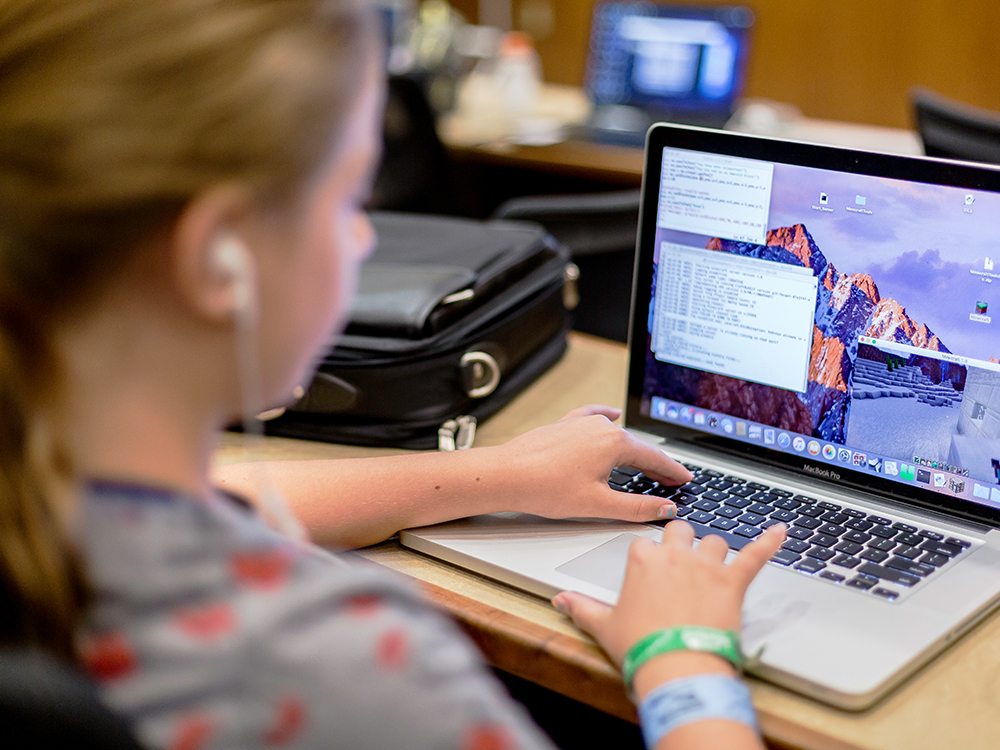Summer Pro-Tips, Part II
07.18.2018

Understanding Summertime Food Safety
Outdoor picnics in warm weather can pose food safety concerns. A few simple precautions can help keep everyone healthy, though, says Taylor Tran, registered dietitian and employee health program manager at UT Dallas.
“Avoid having too many people handle the food,” Tran says. “The risk of spreading bacteria to food increases with the number of hands that touch it.”
Tran also recommends the following:
- Avoid foods with a high risk for food poisoning, such as eggs or cream-filled foods.
- Keep cooked foods and raw meats separate to avoid cross-contamination. Do not place cooked food back onto the same plate that held raw meat, fish, poultry or marinade.
- When storing food in a cooler, place ice directly on top to chill each item. Cold air moves downward. Keep the cooler in a shaded area.

Exercise Tips for Summer
It’s possible to run outdoors year-round, even on summer days, if you take certain precautions, says Tran.
Staying hydrated is most critical for warm-weather athletic pursuits.
“If you are active on a hot day, you will need more water than if you are sitting in a cool office,” Tran says. “Signs of dehydration include thirst, dry skin, urinating less often than usual, dark-colored urine or feeling dizzy and faint.”
Tran suggests a few tips to stay hydrated:
- Limit outdoor activity to morning and evening hours.
- Cut down on exercise when it’s very hot.
- Drink two to four glasses of cool fluids per hour.
- Rest often in shady areas.
- Wear a hat and sunglasses to protect yourself from the sun’s rays.

Beat the Summer Slump with Fun Learning Activities
Research shows that children can fall behind in key areas like reading and math over the summer months. The good news is that parents can help prevent summer learning loss and still have fun with their kids.
“On average, student achievement scores decline over summer vacation by one month’s worth of school-year learning,” says Dr. Iolani Connolly, director of the Science and Engineering Education Center at UT Dallas.
The center creates interactive science exhibits and activity kits for libraries and conducts other K-12 outreach programs year-round.
Connolly suggests taking a family trip to the library to find books that capture your child’s interest and stretch your child’s reading skills. Challenge them to write alternate endings or engineer a solution to a problem presented in the book.
She also suggests ways to make math part of every day:
- Involve your child in real life problem solving, such as counting, measuring, dividing and calculating percentages as you cook, shop and drive this summer.
- Encourage children to use and create maps.
- Draw a “blueprint” for a structure and ask your child to recreate it with toy building blocks.
“Curiosity is a major driver of learning,” Connolly says. “Summer is a great time for kids to explore new interests that don’t fit into the school-year curriculum – without worrying about taking a test on the material.”
Tags: Tips